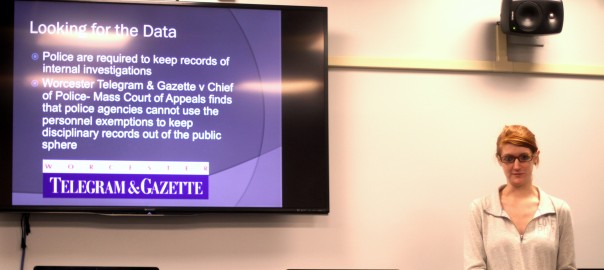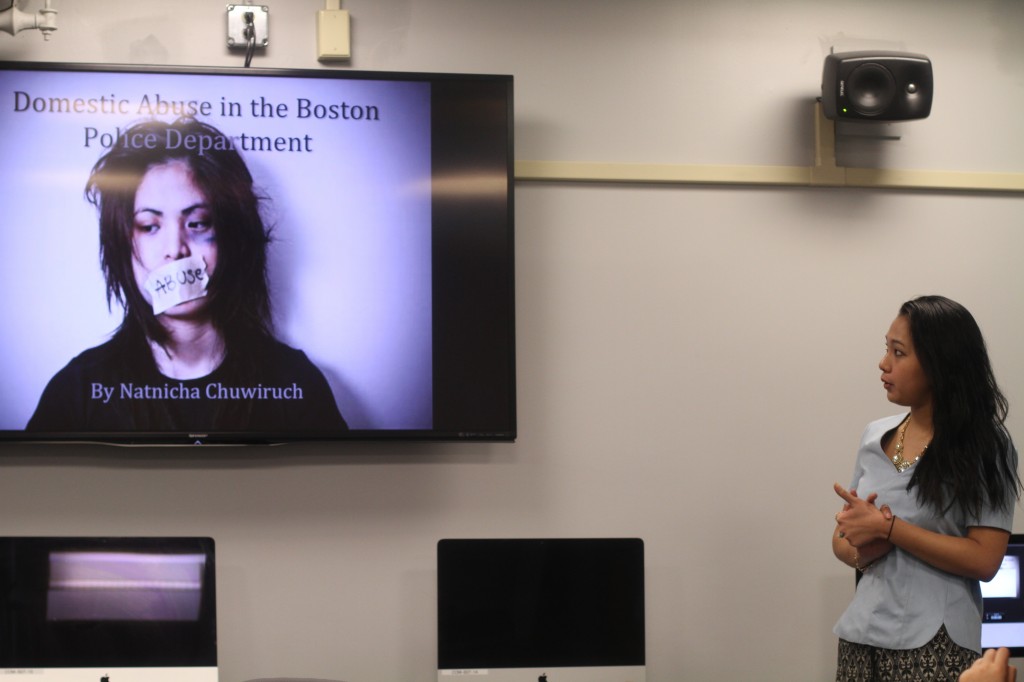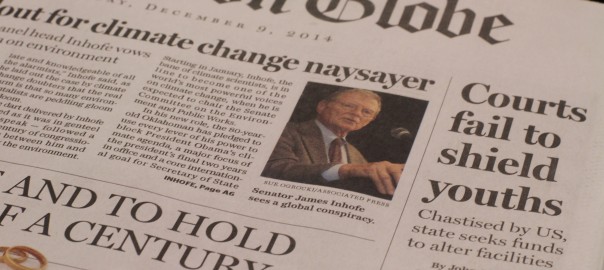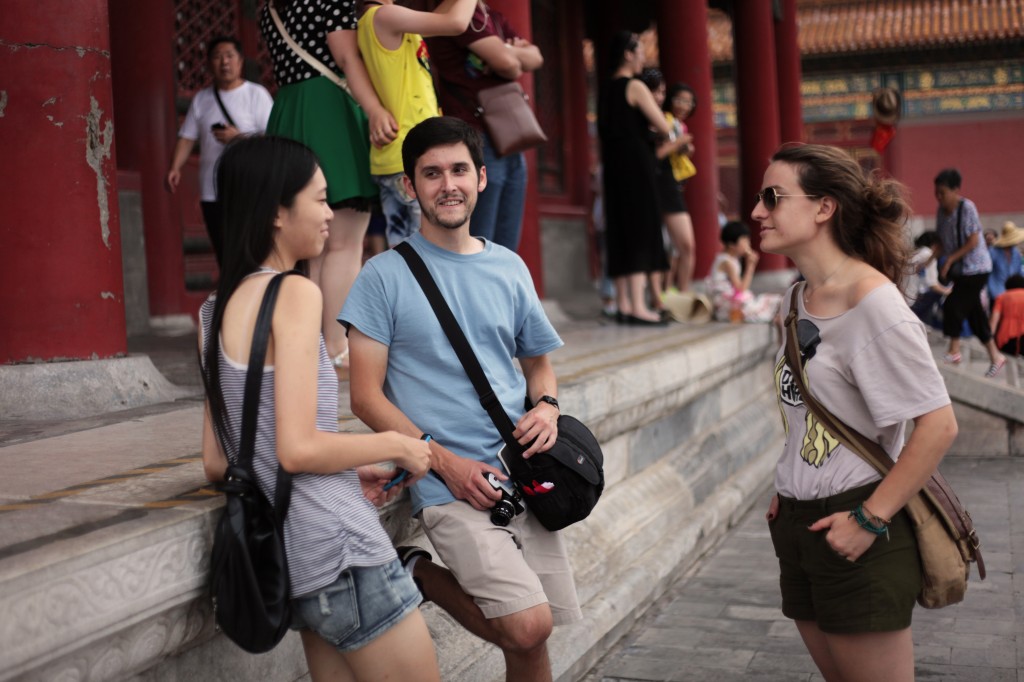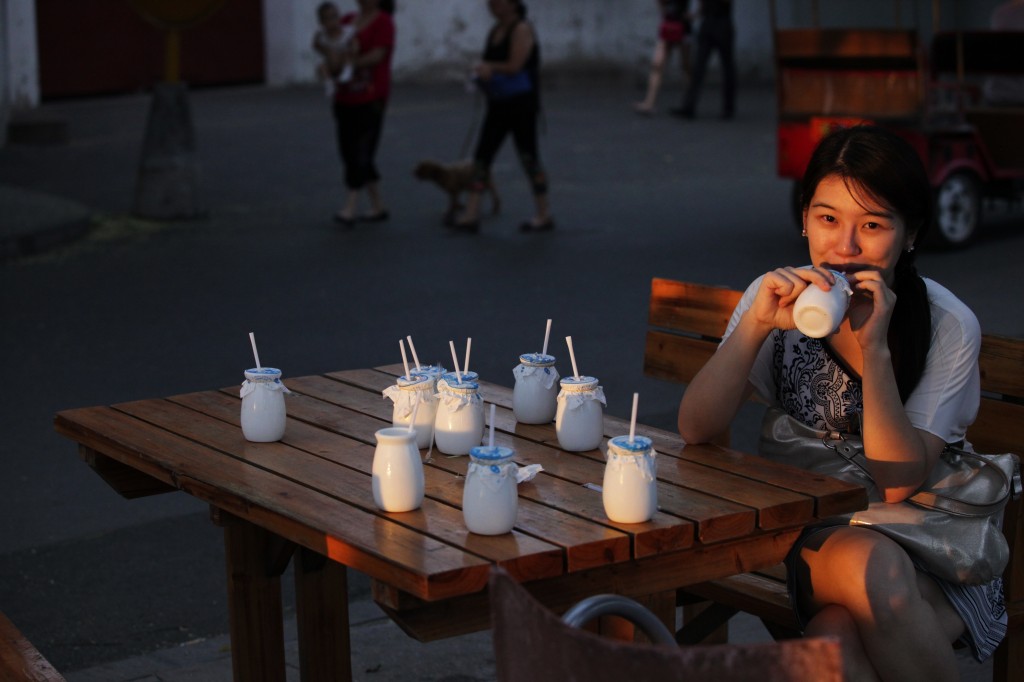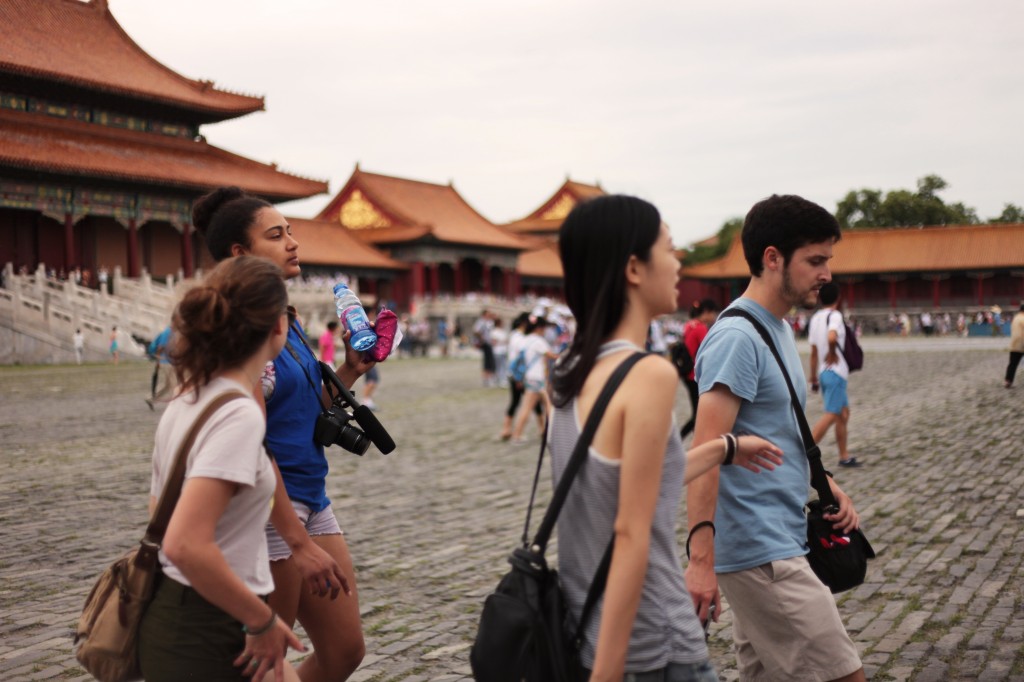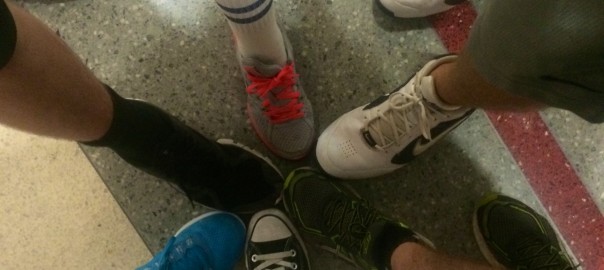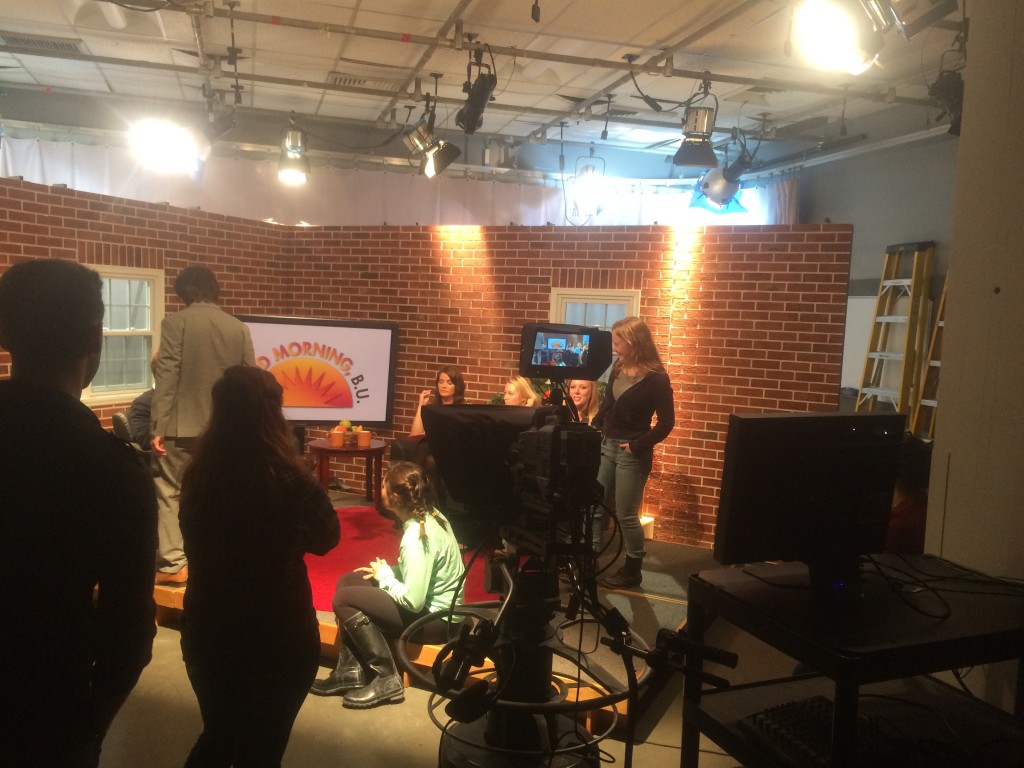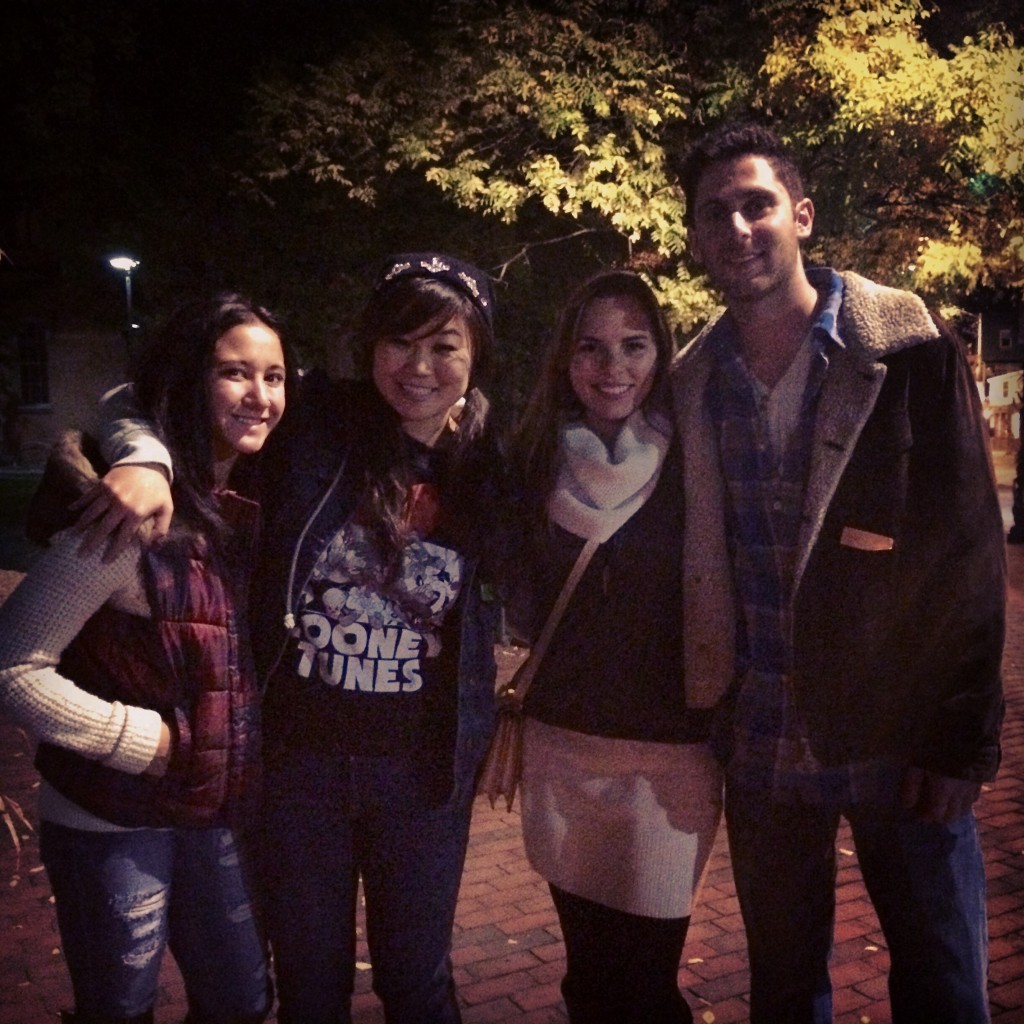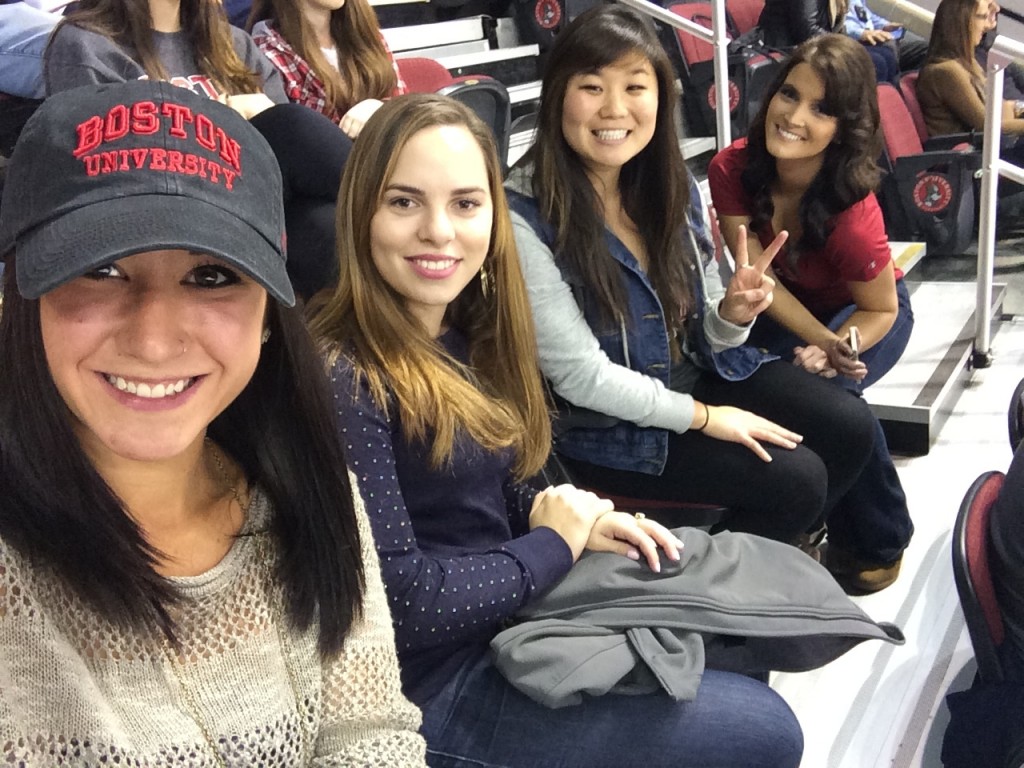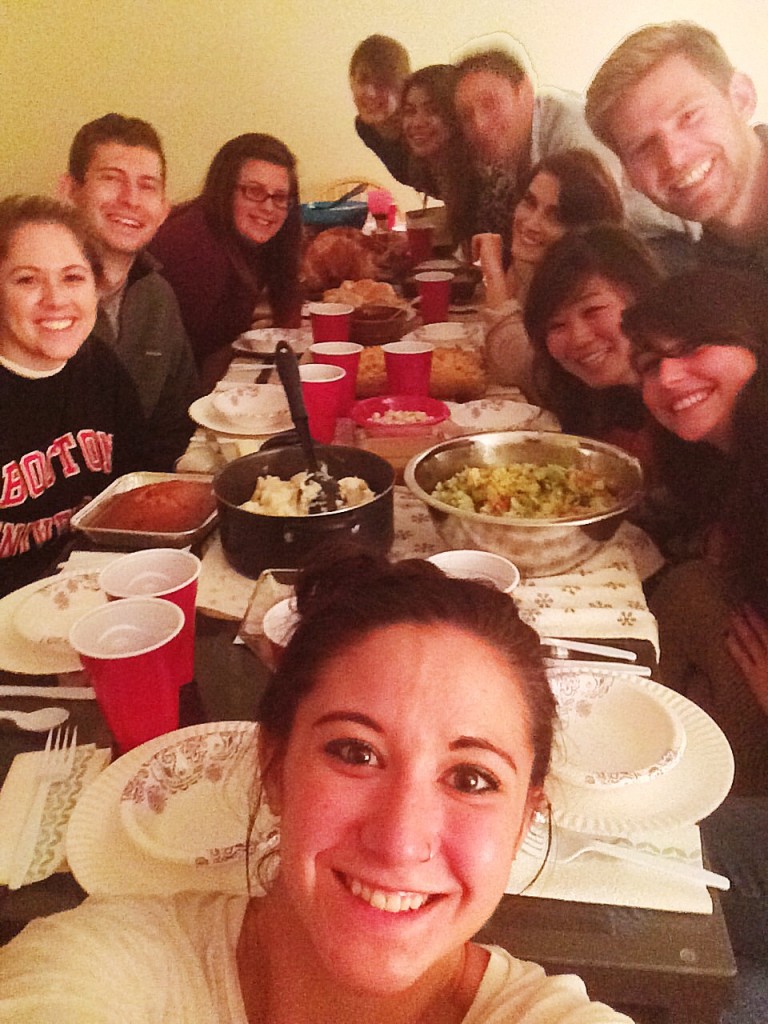By Iris Moore
MS Broadcast Journalism ’15
BU College of Communication
In a recent post, blogger Michelle Marino filled us in on the most recent, innovative medium of journalism—data storytelling (if you did not get a chance to read it, check it out here). In her post, Michelle introduced us to Maggie Mulvihill, a BU College of Communication (COM) professor who is at the forefront of incorporating data storytelling into COM’s Journalism curriculum.
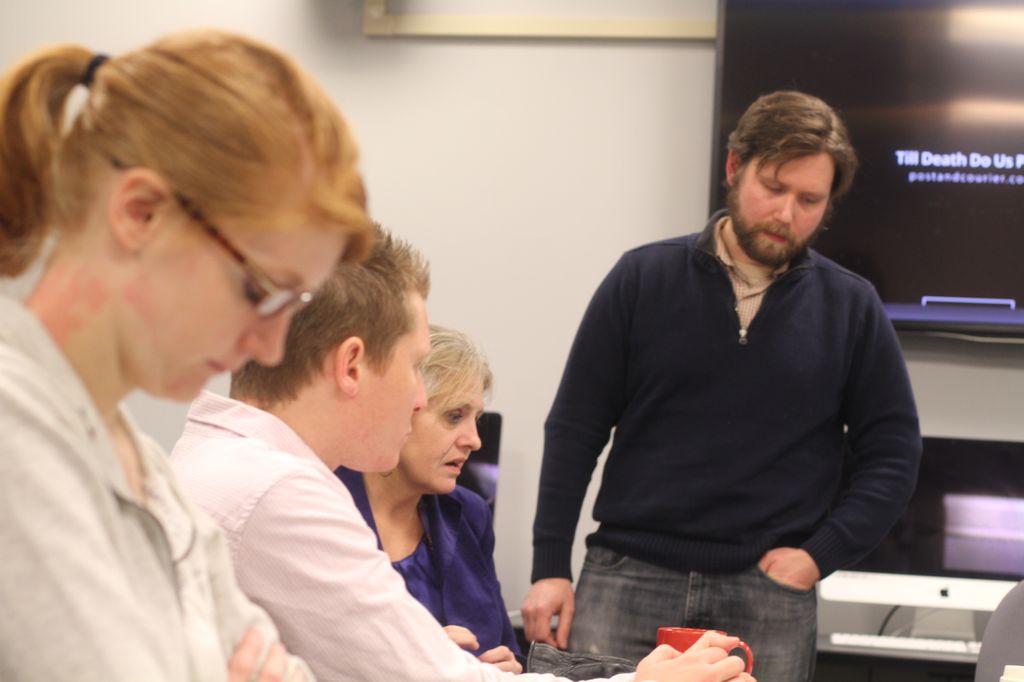
I, along with a few other COM faculty and staff members, had the pleasure of sitting in on Prof. Mulvihill’s final data storytelling class of the semester. In fact, this was the very first data storytelling course offered at COM—I watched history happen!
During this particular class, Mulvihill’s students presented their final projects, which they had been working on all semester. However, before presentations started, Mulvihill provided us with a clear objective as to why she worked so hard to convince COM to let her build and teach this course—a journalist’s story becomes more powerful when data is used because it enables one to more effectively persuade, pitch, propose, advocate, engage and convince their audiences.
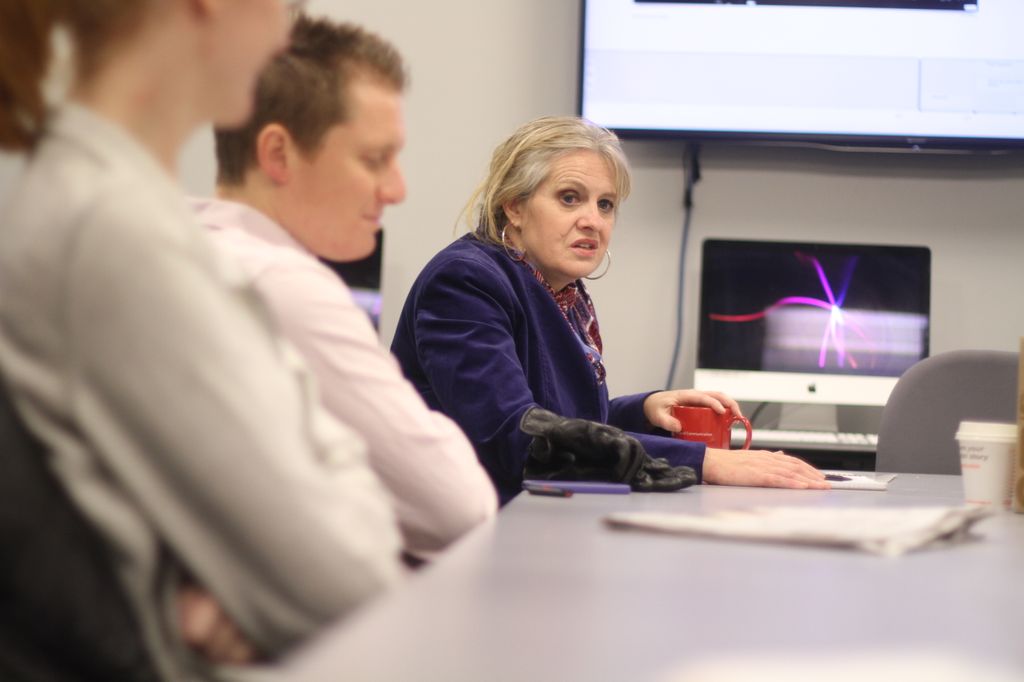
Throughout the semester, Mulvihill worked to equip students with a number of skill sets for analyzing and obtaining data. After teaching students how to identify what data is attainable and appropriate for an intended story, she made sure they understood how to do the following:
- Obtain data
- Clean data
- Analyze data
- Extract data
- Scrape data
- Visualize and present data (students learned how to use a number of multimedia and software tools, such as Open Refine, Tableau, Time Toast and Google Fusion)
Mulvihill designed the course’s final projects to provide students with a practical understanding for telling stories with data. Students were expected to identify a data-set for their project, request it from a government agency, negotiate for it and obtain it.
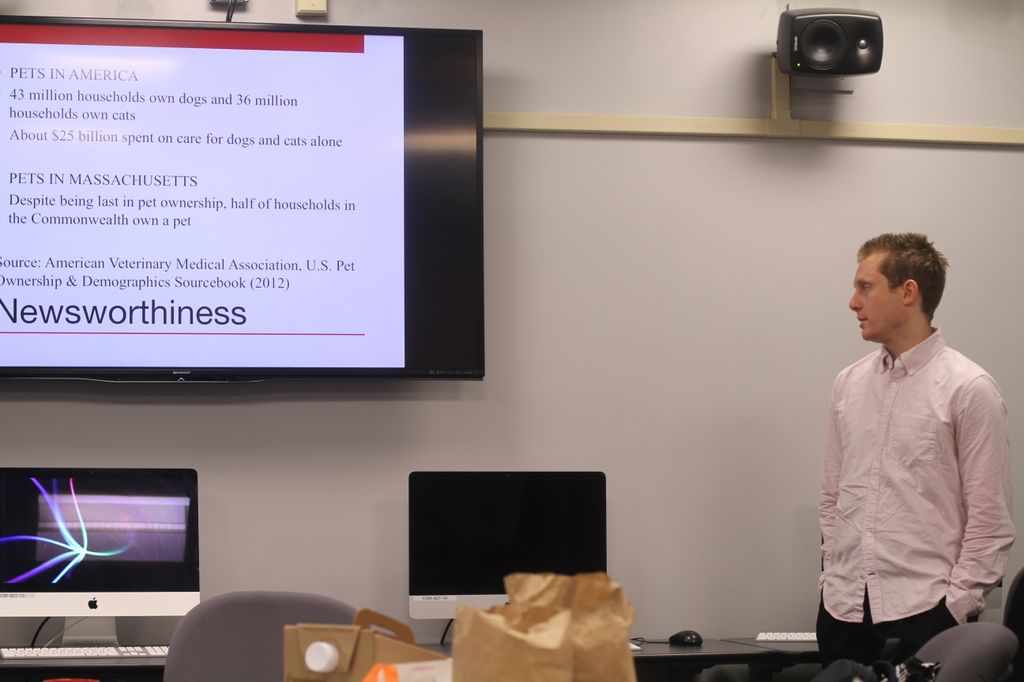
For each presentation, students first told us how they came up with their data story idea. Then, they explained why the data they had spent all semester trying to collect was actually newsworthy. From there, they described what tactics they used in obtaining the data. Each student explained the numerous challenges they faced while trying to obtain data (costs, contact issues, legal issues, etc.). In fact, some were even unable to collect the necessary data for their story. However, this did not make their project any less complete, as one thing was made clear by both the students and Mulvihill: data storytelling takes time!
The majority of these projects are not even complete. They will require months, maybe even years of work. One example is a project done by graduate student John Hilliard. He took on a project Mulvihill started back in 2013 and took it all the way to the front page of The Boston Globe (the day I sat in on their class was the same day the article was published—again, more history I was able to witness). If you want to hear more about Hilliard’s exciting accomplishment, be sure to check out blogger Gina Kim’s interview with him here.
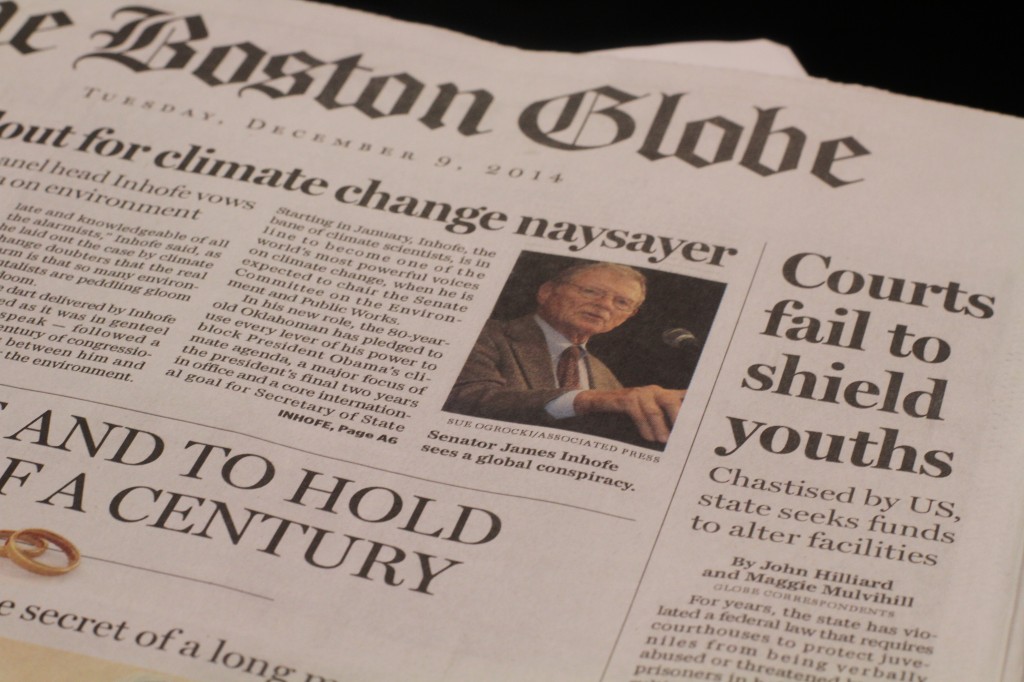
Other projects covered topics, such as domestic violence, housing issues, crime on university and college campuses in Boston and lightning related injuries in the state. (Since many of these stories are being offered for publication and broadcast to larger news outlets, we are unable to provide you with the actual project).
To me, these projects are a clear reflection of Mulvihill and her students’ hard work throughout the semester. On behalf of her students, Mulvhill spoke with so much pride and confidence in their ability to become successful journalists, given the tools they so successfully acquired over the last 15 weeks. Her passion and dedication for her students reminds me, yet again, as to why I am here at Boston University’s College of Communication.
